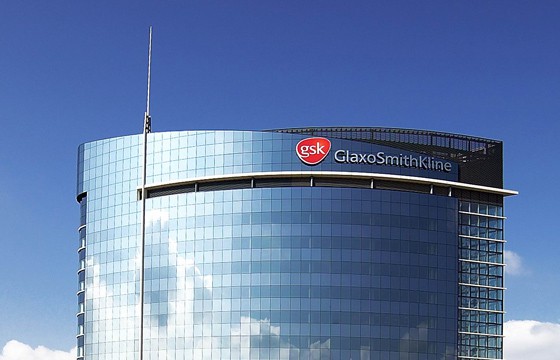
GlaxoSmithKline has started phase III trials of an antibody-based therapy for asthma that could help patients who cannot prevent attacks using current therapies.
The antibody, called mepolizumab, is being tested in patients with severe asthma who experience breakthrough attacks despite treatment with high-dose inhaled or oral corticosteroids and bronchodilation with long-acting beta agonist (LABA) drugs.
Mepolizumab works by blocking the activity of interleukin-5, a cytokine which regulates white blood cells called eosinophils that are involved in the inflammatory response in asthma. Around a third of asthma patients are thought to have a form of the disease characterised by high levels of eosinophils that is resistant to treatment.
GSK’s antibody is designed to prevent IL-5 from binding to eosinophils, reducing the number of these cells in the blood, tissue and sputum and in turn damping down asthma exacerbations.
Earlier-stage studies have provided encouraging signs of mepolizumab’s efficacy. For instance, the phase II DREAM study published in The Lancet earlier this year found that intravenous dosing of the antibody cut exacerbation rates by around 50 per cent.
The phase III programme for mepolizumab will include two studies involving patients with severe refractory asthma.
The first (MEA115588) will compare intravenous and subcutaneous doses of mepolizumab given once every four weeks to placebo on clinically-significant exacerbation rates over a 32-week period. The second (MEA115575) will last for 24 weeks and will compare steroid use in patients receiving either subcutaneous mepolizumab or placebo.
GSK is also planning to carry out a safety extension trial that will examine the antibody’s effects on asthma attacks in mepolizumab-naïve patients, as well as those previously treated with the drug.
The pharma company originally developed mepolizumab as a treatment for a rare and sometimes fatal condition called hypereosinophilic syndrome (HES), but withdrew its marketing application for this indication in 2009 in EU after a regulatory request for additional data on its clinical benefits.




